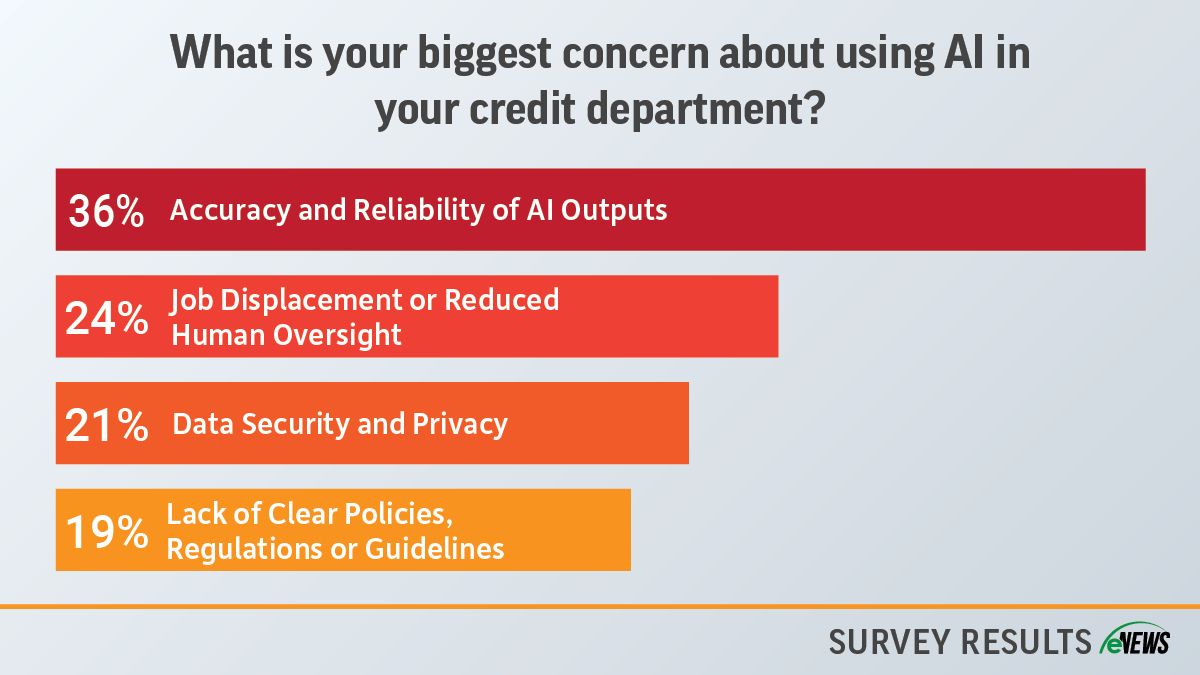eNews, Leadership
Unleash your leadership superpowers
Every iconic superhero knows their strengths and weaknesses—and the best leaders are no different. Unleash your leadership potential and discover your own powers, whether you have the agility of Spider-Man, the wisdom of Yoda or the intellect of Batman.

Every iconic superhero knows their strengths and weaknesses—and the best leaders are no different. Unleash your leadership potential and discover your own powers, whether you have the agility of Spider-Man, the wisdom of Yoda or the intellect of Batman.
Why it matters: Every leader possesses a unique set of strengths that, when understood and harnessed effectively, can propel them to greatness.
A team is only as good as the leader they follow. It is important to reflect on your role as a leader because you can either be a catalyst for team growth or a barrier.
Assessing your strengths is the first step to becoming an effective leader. You must evaluate who you are as a collaborator and communicator.
Transparency also plays a significant role in trust. When you are open with your team about the organization’s challenges and triumphs, it becomes easier for each team member to recognize their role and contribute accordingly. Leaders must learn how to balance transparency and privacy.
Does your team feel empowered enough to make day-to-day decisions that impact their job? Do they take accountability for their work product? Both play into the idea of being invested in what the vision is.
Encourage opportunities for your team to take risks and be innovative. The natural ebbs and flows of work can present opportunities for everyone to try new things. Whether it is taking on a new task, or even juggling multiple at once, giving your team a chance to push themselves helps build more trust in your relationship.
“When I put my team together, I chose individuals who are strong and can handle things under stress,” said Cindy Fredericksen, senior credit and collection manager at Regal Rexnord Corporation (Wausau, WI). “Being in the credit and collections world is one of the most difficult functions in a company. To succeed, you must sell products, but customers also must pay for it, so it’s fine to keep that balance between sales and cash flow. It can be very difficult when you’re dealing with sales, customer service and everyone trying to get orders out.”
Credit managers must partner with other business functions and avoid being viewed as the anti-sales department. “Showing that restraint as a leader is important to make sure you are teaching your team that you are partnering with the business and not trying to be the negative department not allowing them to sell,” Fredericksen added. “As a leader, it’s very important to have a strong character.”
Yes, but: As all superheroes have their strengths, they also have their kryptonite.
Leaders must know how to both cope with change and the best way to communicate that change with their team. Any time you deal with new challenges or workflow disruptions, you must guide your team to overcome the obstacles.
Sharpening your skills as a leader is a great way to challenge yourself. For example, education through webinars, certification programs or workshops are all ways to do so. NACM’s Executive Leadership Workshop at Credit Congress will equip both teams and leaders with the essential tools and strategies to navigate change successfully. It will empower participants to embrace change, build a change-oriented mindset, and foster a collaborative environment to lead their teams through transitions effectively.
Jen Martin, director of credit at Carter-Jones Companies (Kent, OH), is looking forward to learning new effective ways to lead at the Executive Leadership Workshop. “I’m looking for new ideas on how to share a vision and engage the stakeholders of that,” she said. “I’m eager to learn how to speak to a variety of audiences and get everybody on that same ship going the same direction. On a personal level, I look forward to connecting with other leaders and having casual discussions about the challenges they face, how to approach them and what ideas they have as well as a level of camaraderie!”
The bottom line: Effective leadership requires understanding and harnessing one’s unique strengths, fostering transparency and accountability within the team, adapting to change, and continually seeking opportunities for self-improvement and innovation.





